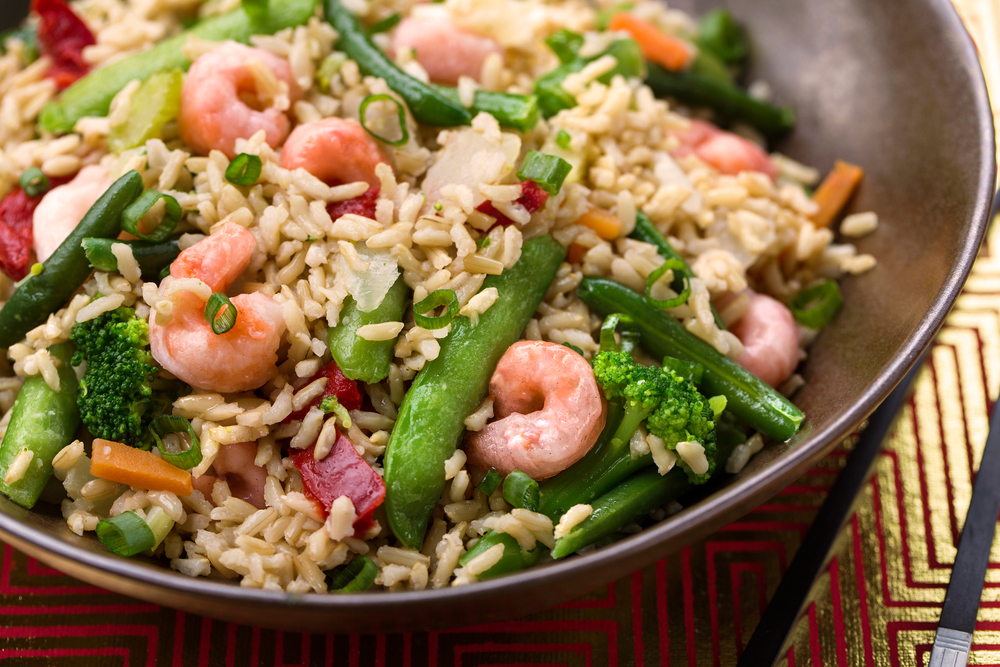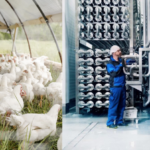Did you know that eating one hamburger waste more than two months of showering? Or that agriculture contributes to more than 25 % of the total greenhouse gas emissons? However, with the help of bio-technology, more and more plant-based meat alternatives are now entering the market.
There has been a lot of talk about global warming lately and the devastating impact it is having on our planet. Ice is melting worldwide, especially on the earth´s pools, leading to disruption of wildlife and rising sea level. Continuing on this path we are on, the sea level is expected to rise between 18 and 59 cm at the end of this century, leading to floods and lack of drinking water. Droughts will become even more normal and hurricanes and other storms are likely to become stronger.
According to the Intergovermental Panel on Climate Change, world’s foremost collection of climate scientists, the impacts of climate change are already “widespread and consequential.” Yet the effects we may see in the future still largely depend on the actions countries take to reduce their emissions today.
Limiting warming to no more than two degrees by 2050 has become the de facto target for global climate policy, as the consequences of the average temperature rising above two degrees will have fatal and irreversible consequences. In december 2015, 195 countries thus signed an historic and ambitious agreement, committing to targets that limits their emissions to relatively safe levels. However, in order to achieve this, there is still a long way to go and sciences worldwide are starting to come up with remarkable ways to combat climate change.
Replacing the meat industry?
A lot of the total greenhouse gas emissions comes from agriculture. In fact, according to the World Resources Institute, agriculture is the second largest emitter worldwide, after the energy sector. More and more companies are thus trying to come up with a more sustainable alternative, by developing new meatless products that taste and looks like meat, and thus have the potential to replace the meat industry in the future.
For example, the scrimp you can see in the video above from Seeker Stories, is not really meat at all, but a meatless product made from plant and algae products by the American company “New Wave Foods”.
The company was founded by two scientists, Dominique Barnes and Michelle Wolf, who wanted to come up with a more sustainable alternative to shrimp farming. Shrimp farms across Asia often destroy mangrove forests and wetland ecosystems – a high price to pay for the number one eaten seafood in the U.S.
The average American consumes 4 pounds of shrimp per year – which equals a total of 1.3 billion pounds consumed annually. The plant-based shrimp looks a lot like the real thing, and even has the texture and taste of shrimp, with similar fat and protein content, but no cholesterol.
– We can create all this different types of substitute to meat, but if it doesn’t taste that good, consumers are not going to buy them. So our goal is to continue to create delicious food that is also good for you and the environment, Barnes and Wolf say in the video.









